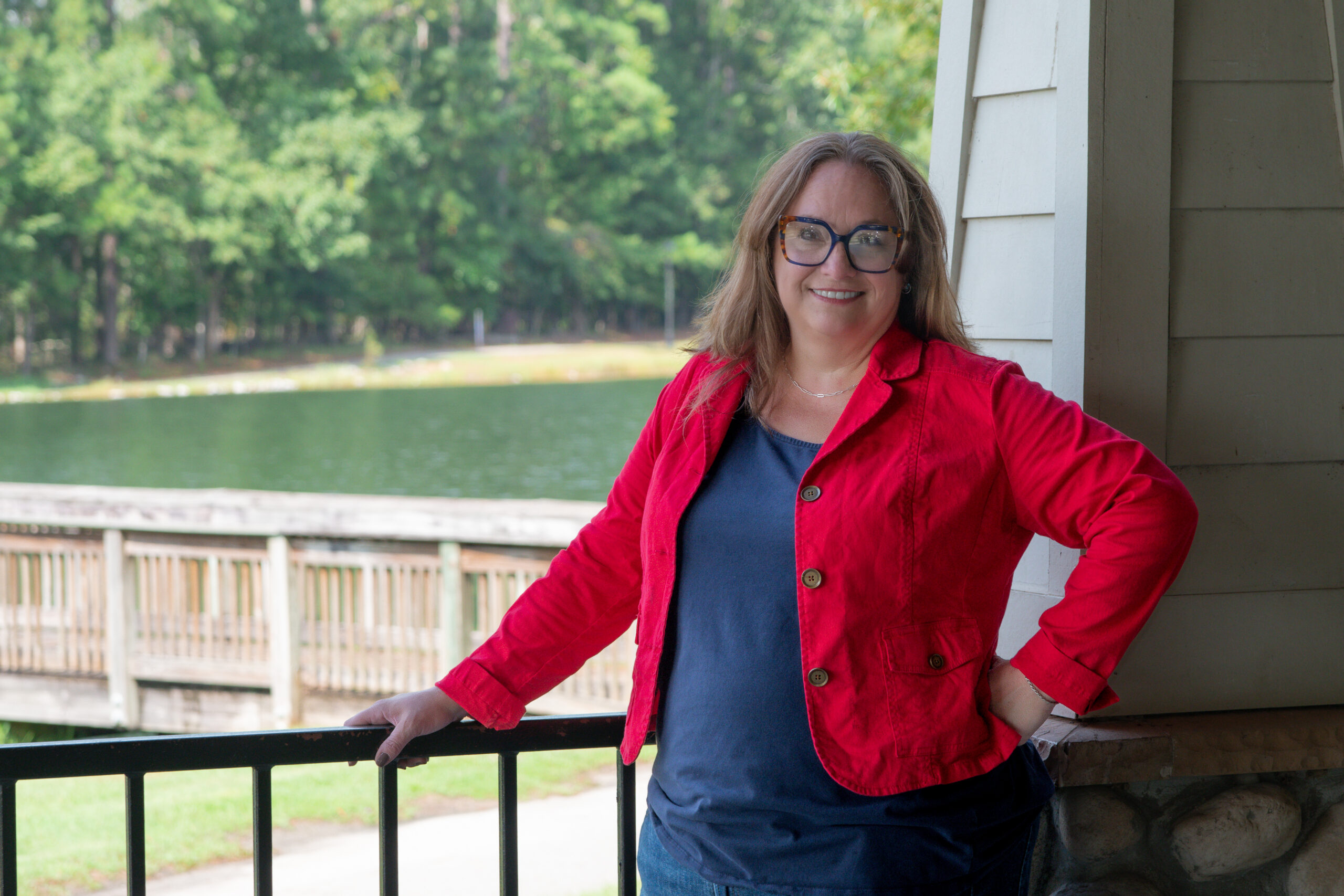
A few weeks ago, Isaac Wright asked me a great question on Facebook:
“Where does the discussion on new developments and their impact actually happen? At council meetings, it seems like the decisions are already made.”
Here’s the short answer: basically they have been.
Here’s the longer answer:
An idea usually starts small—perhaps it’s a problem, a need, or a possible solution. At that point, it’s just a concept. It has to be researched, checked for legality, analyzed for costs, and written up in a formal way.
A council member might bring it to another member, and if both are interested, they start shaping it into something real. From there, the paperwork begins: research, budget info, legal code, history, and more. All of that gets shared with the rest of the council.
If it’s about building something or business related, it might have to go through planning and zoning first.
Then come the workshops. This is where the real back-and-forth happens. Ideas are challenged, adjusted, and sometimes completely reworked.
By the time something shows up for a vote at a council meeting, most of the work has already been done. That’s why votes often look quick and uneventful—it’s not that there wasn’t debate, it’s that the debate already happened.
You also won’t usually see arguments break out in public sessions. That’s intentional. Council members can disagree strongly, but they also work to keep things professional and avoid public drama that hurts the city’s reputation.
Now, here’s the part that matters for residents:
• All the workshop materials are available on the city’s website.
• Workshops are streamed on Facebook (though I know they can be tough to hear and follow).
That’s why, as mayor, I’ll push for a website that’s easier to navigate along with better live-streaming options beyond just Facebook. People shouldn’t have to dig to stay informed.
One last note: some issues, like contracts and legal matters, have to be handled in executive session. By law, those discussions can’t be public. That’s intentional secrecy, and is part of the process in any governing organization.
I understand why it can feel like decisions are happening behind closed doors. The truth is, the process is being followed—it just isn’t always easy to see. That’s where we need change.
As mayor, I’ll make sure residents have real access to what’s going on—not just the end result.
And if you’d like to help me keep pushing for that change, I’d be grateful for your support. Campaigns take more resources than I ever realized, and every bit of help—time or money—goes a long way.
Thank you!